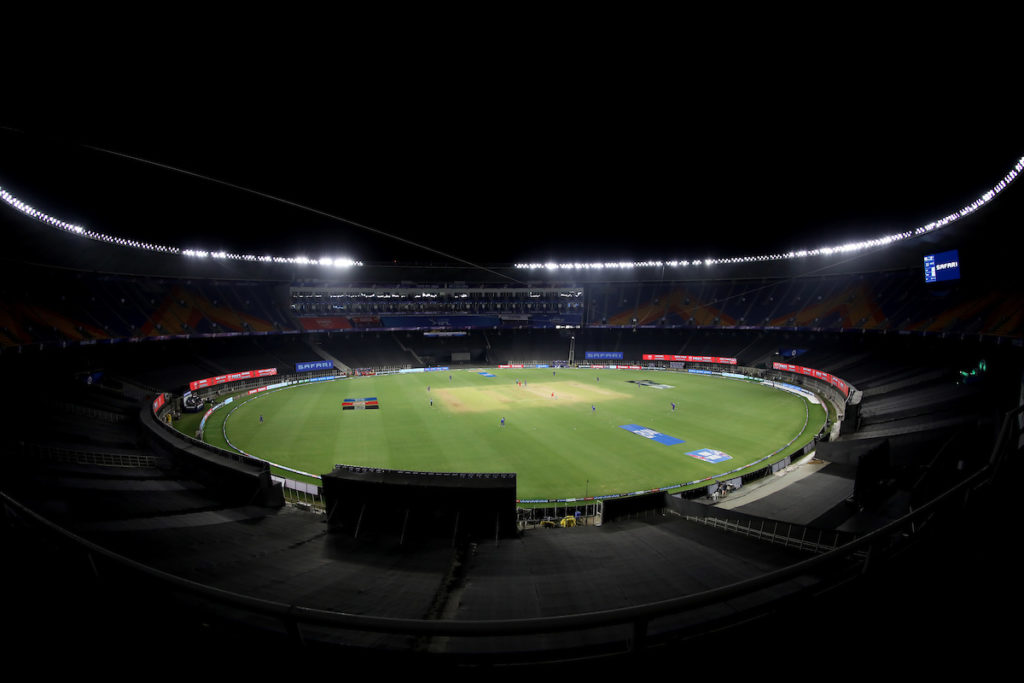The Indian Premier League organisers will forever be remembered for putting profits ahead of people, while the players who stayed and played while thousands died and hundreds of thousands were infected daily will be judged by history, writes RYAN VREDE.
The pathetic and baseless defence of the IPL continues. Even in the wake of the tournament’s postponement, India cricket chief Sourav Ganguly has defended it.
Ganguly explained the decision to go ahead with the tournament, saying the infection and death rate weren’t cause for concern at the tournament’s inception. ‘When we decided, the number was not even close to this. We did the England tour successfully.’
Ganguly is right that new infections and deaths were relatively low when they decided to host the tournament. By the time it started on 9 April, India reported in excess of 145,000 new infections for the day – a global record.
New infections have risen exponentially since then, while the death rate continues to climb. Around 10% of the population are fully vaccinated, while just 2% have had one shot. Against this background, the outlook looks bleak.
Yet, the tournament continued until the bio-secure bubble burst. Multiple players tested positive, compromising the product that the organisers and owners prioritised over people.
This is at the heart of the postponement. It has nothing to do with the humanitarian crisis India is experiencing as their healthcare system collapses, leaving hundreds of thousands vulnerable. All while the Indian government never misses an opportunity to showcase its gross incompetence.
Just over a week before the postponement, and under growing global pressure to scrap the tournament in the face of a humanitarian crisis, acting IPL chief executive Hemang Amin sent an email to the players which read, in part: ‘While you are professionals and will play to win, this time you are also playing for something much more important … humanity.’
I wrote at the time that I struggled to think of anything more inhumane than a suit appealing to players’ sense of humanity.
These suits must be forever be reminded that they put profits ahead of people.
And while these organisers and owners undoubtedly exploited their financial power over players, it was disheartening to see so few players make a moral stand, despite the potential repercussions.
Cricket needed these men to exhibit the best dimensions of their humanity while Indians died in the streets just outside the bio-secure bubbles they occupied. Instead, most of them stayed silent.
This act of cowardice will haunt those with a conscience and a high level of emotional intelligence for a while. The argument that they were contractually bound to comply with the franchise’s orders won’t cut it. They are humans first, paid workers second. The latter should never trump the former.
Both of these parties threw money at the problem, hoping to engineer the perception that they cared. It felt like a public relations exercise. The postponement concluded this exercise but by that time it was already too late. Their legacy was set.
In the midst of all of this, the International Cricket Council was quiet. The game’s governing body could not lead on this issue because they have long surrendered any significant power to cricket’s ‘big three’ (India, Australia and England). One simply does not cast one’s master in a bad light, lest one has an appetite for a fight.
Instead the ICC – henceforth to be known as the International Compliance Council – was a passive observer as a tournament they sanctioned continued, and as disciples of the game they have a mandate to serve died.
India is a tragic place at present. So is cricket, thanks to the actions and inactions of those involved in the IPL.
Never forget them.







